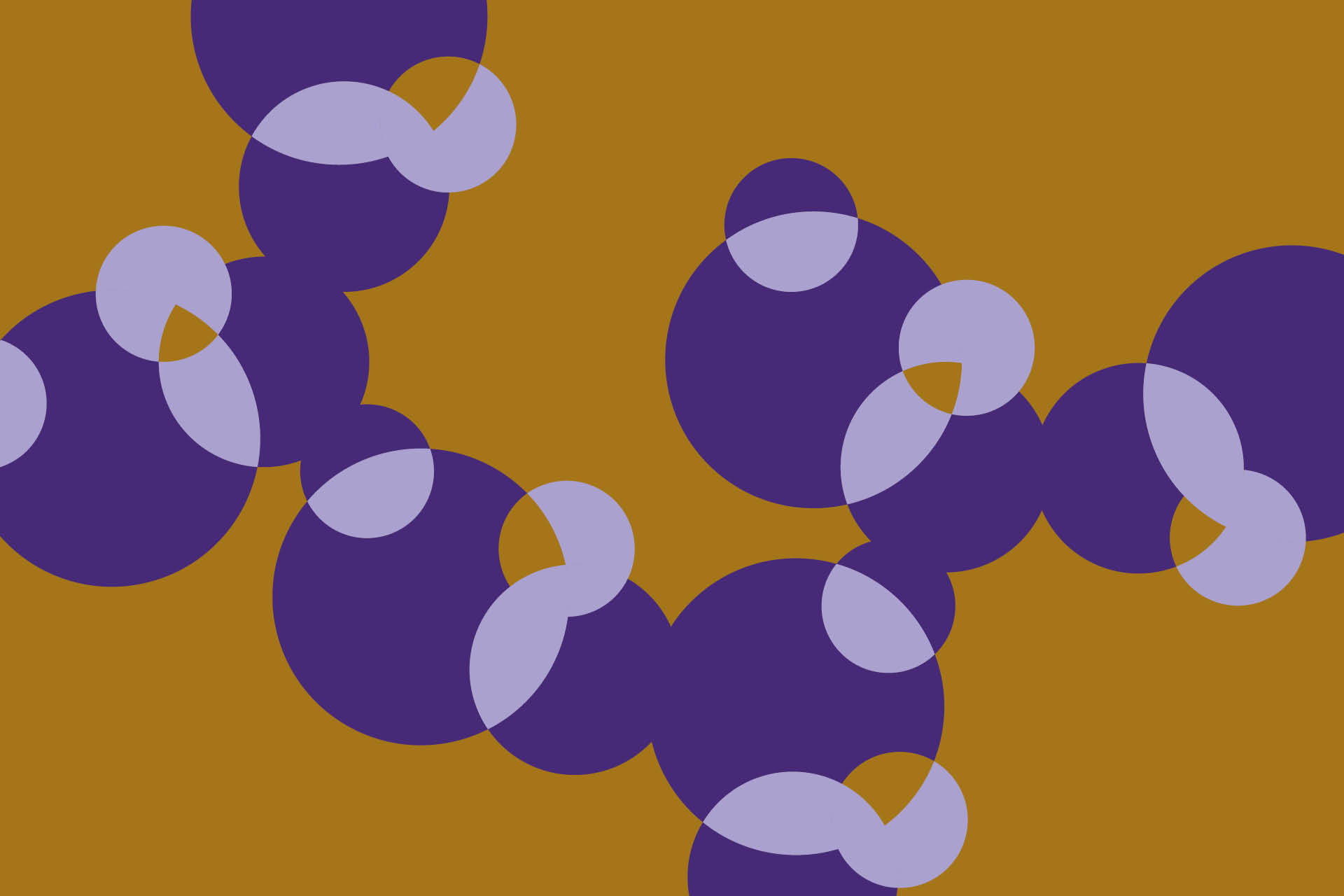The importance of transdisciplinary research approaches, which gather knowledge from science and society to tackle the grand challenges regarding socio-ecological transformation and sustainable development, is ever increasing. This is evident in various fields: academia, politics, funding programme lines (European, international and national), urban and environmental planning, urban and regional development and civil society initiatives, to name a few. Platforms of various research communities focusing on transdisciplinary and participatory research make significant contributions to promoting the co-production of knowledge through capacity building, knowledge transfer, method development, reflection and networking. Key platforms are the ITD Alliance, td-net, td-academy, Gesellschaft für transdisziplinäre und partizipative Forschung (GTPF), and Netzwerk der Reallabore für Nachhaltigkeit. They build communities, bundle capacities, offer services, reflect different kinds of knowledge and provide guidance on the implementation of formats such as living labs, citizen science, transformative research, co-design, open science and action research.
However, researchers emphasise that there is still a significant need for institutional change to enable collaborative ways of research and to integrate them as a regular part of the scientific system within academic institutions.
Within this network of initially seven European Technical Universities, we seek to develop a transformation agenda in the research and innovation programme that positions universities as drivers and enablers of sustainable development. Knowledge exchange between science and society is one building block and focus area referred to as “sustainable development through transdisciplinary research”. Both common aspects and the diversity of practices, university cultures and methodologies are taken into account in the development of a mutual learning environment. This environment was created by an integrative process of knowledge exchange about sustainable development through transdisciplinary research that has been initiated among the European network. The following objectives guide the creation of this mutual learning environment:
Accommodate the different levels of experiences with transdisciplinarity, different universities policies, strategies and different practices, including triggers and barriers
Develop an integrative process for achieving a joined knowledge and working base
Generate recommendations for institutional change within the Alliance to gradually institutionalise transdisciplinarity.
A step-by-step process has been conducted to stimulate future implementation into practice. First, we developed a shared understanding of transdisciplinarity, focusing on interaction, societal challenges, the co-production of new knowledge and societal transformation. The ENHANCE approach to transdisciplinarity is linked to a Living Glossary that provides guidance on navigating variations in terminology when dealing with transdisciplinary research. Second, we developed a concept of “ENHANCE good practices” by identifying and analysing the various methodologic approaches of transdisciplinary initiatives. In this, all ENHANCE partners, their institutional approaches and methods on knowledge exchange, their activities between science and society, as well as the linkages between the strategic and practice levels of their transdisciplinary projects are represented. This also includes different levels of societal engagement and a broad scope of societal impacts. Third, we identified triggers and barriers. What structural and strategic measures at the university level can support transdisciplinary research in the long term? What are possible obstacles to the promotion of transdisciplinary projects? What influence do transdisciplinary projects have on the development of university strategies for transdisciplinary research? And vice versa, how do service facilities, research programmes, platforms for real-world laboratories, etc. affect the development of transdisciplinary projects?
Based on these questions, we gathered experiences and factors that create a favourable environment for integrating, supporting and promoting transdisciplinary research projects. These are crucial for enabling and promoting the institutionalisation of transdisciplinarity as a research principle at our universities.
ENHANCE materials
Catalogue of joint advisory for supporting transdisciplinary research by Sarah Fowkes and Kathrin Wieck
Transdisciplinary Research for Sustainable Development: Diverse and Best-Practice at European Technical Universities by Inge Leurs, Katarzyna Rostek, Kathrin Wieck, Julia Backhaus and Javier Orozco-Messana

